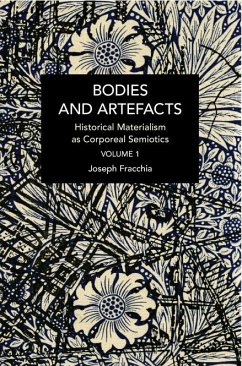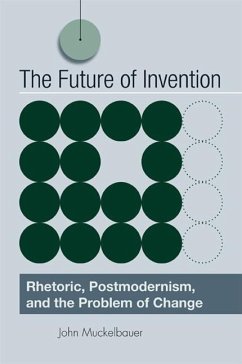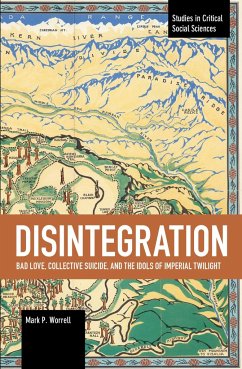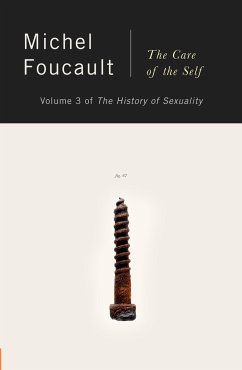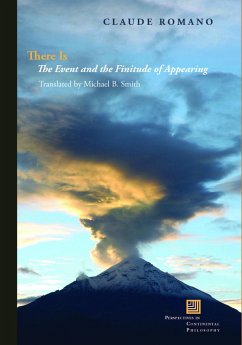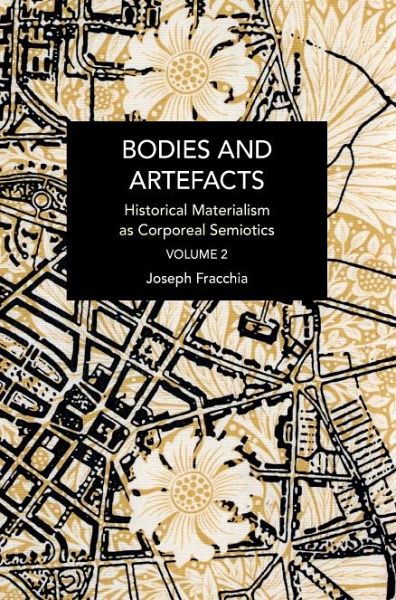
Bodies and Artefacts Vol 2.
Historical Materialism as Corporeal Semiotics
Versandkostenfrei!
Versandfertig in über 4 Wochen
64,99 €
inkl. MwSt.

PAYBACK Punkte
32 °P sammeln!
In a seemingly offhand, often overlooked comment, Karl Marx deemed 'human corporeal organisation' the 'first fact of human history'. Following Marx's corporeal turn and pursuing the radical implications of his corporeal insight, this book undertakes a reconstruction of the corporeal foundations of historical materialism. Part I exposes the corporeal roots of Marx's materialist conception of history and historical-materialist Wissenschaft. Part II attempts a historical-materialist mapping of human corporeal organisation. Suggesting how to approach human histories up from their corporeal foundat...
In a seemingly offhand, often overlooked comment, Karl Marx deemed 'human corporeal organisation' the 'first fact of human history'. Following Marx's corporeal turn and pursuing the radical implications of his corporeal insight, this book undertakes a reconstruction of the corporeal foundations of historical materialism. Part I exposes the corporeal roots of Marx's materialist conception of history and historical-materialist Wissenschaft. Part II attempts a historical-materialist mapping of human corporeal organisation. Suggesting how to approach human histories up from their corporeal foundations. Part III elaborates historical-materialism as 'corporeal semiotics'. And Part IV, a case study of Marx's critique of capitalist socio-economic and cultural forms, reveals the corporeal foundations of that critique and the corporeal depth of his vision of human freedom and dignity.






